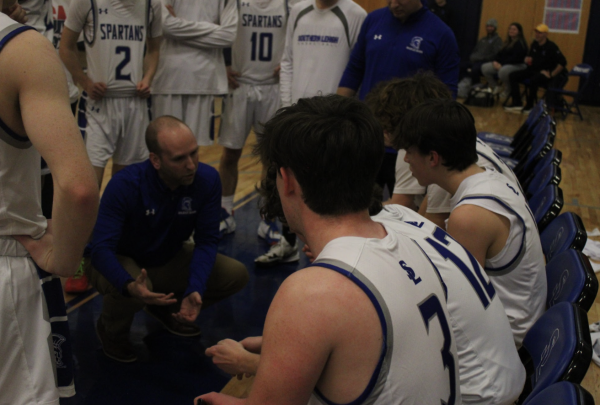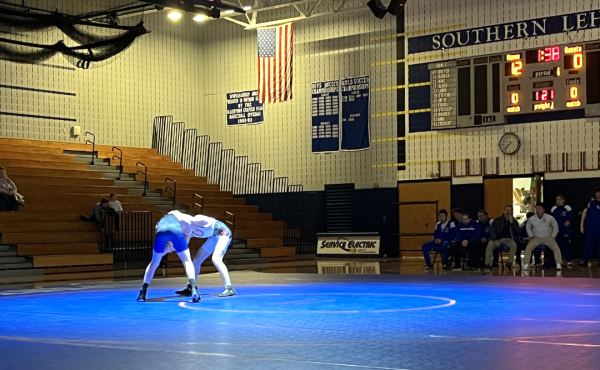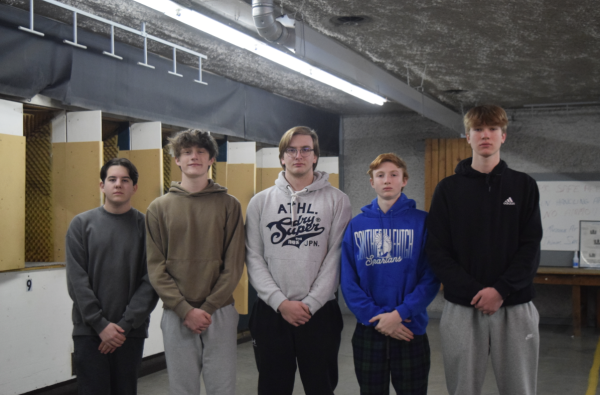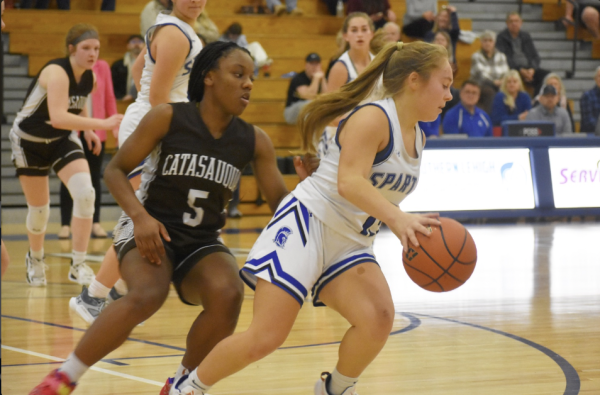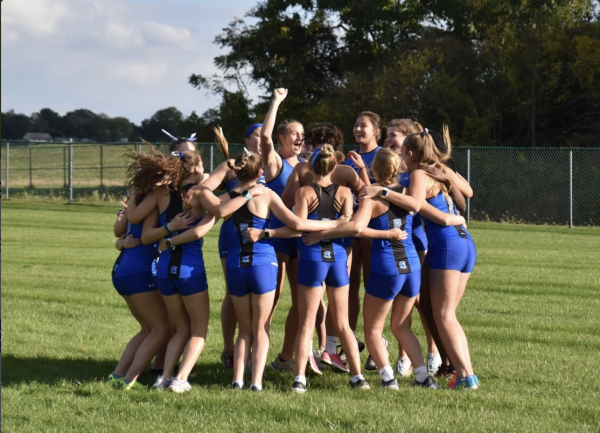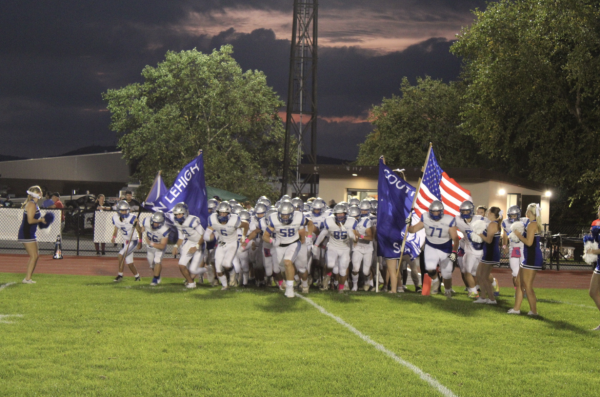The NBA’s Outdated ‘One and Done’ Rule Is a Detriment to College Basketball
Legendary college basketball programs have been churning out professional athletes for ages — the Duke Blue Devils placed nearly 100 players in the NBA, and just under 90 Kansas Jayhawks have played or are currently playing in the NBA — but the Kentucky Wildcats, flipping 135 college athletes into dynamic professional athletes, are for sure the top-dog in college basketball when it comes to preparation for the pros. All of these dynasties have one common trait to thank for their success: their utilization of “one-and-done” prospects, or players who attend the school for one year and then depart to pursue their athletic career professionally.
Almost every player on the current NBA all-star rosters has been a product of the one-and-done system. Big names such as Kevin Durant and Carmelo Anthony are the most popular. Anthony Davis and John Wall stick out as the most prized players from Kentucky Wildcats head coach John Calipari’s perfection of one-and-done athletes, but the list goes on. Kansas delivered Joel Embiid and Andrew Wiggins to the NBA using the same process. In fact, there are few college basketball programs that have not boasted their fair share of one-and-dones.
But what about the players that aren’t getting paid the eight figure salary that the average NBA all-star earns? As much as they wish they could, not every athlete can entertain the idea of skipping out on a college degree to play basketball.
These one-and-done athletes caused the NBA to create the “one-and-done rule,” which states that no player may sign a contract for an NBA team unless they are one year removed from high school or at least 19 years of age. When it was enacted in the 2006 draft, the main purpose of this regulation was to end the onslaught of young and immature basketball players from joining the pros straight out of high school.
The perfect example of this type of hot-headed teenager with too much money would be Darius Miles, the third overall pick in the 2000 NBA draft. Miles entered the NBA straight from high school and had more potential than any all-star that came before him. Unfortunately for him, Miles played just 446 games in the NBA, averaging a mere 10.1 points per game. His nine-year career earned him a whopping $66 million salary, enough to keep a financially responsible person stable for a lifetime. But at just 27 years old, Miles had thrown out his money by 2016, when he filed for bankruptcy.
Now that players like Miles coming straight out of high school have been eliminated, the one-and-done college basketball player has emerged. The rule never fixed the problem of immature athletes in the NBA; it just prolonged these undeveloped players from joining the NBA for a year. A 19-year-old player is just as likely to make negligent decisions as an 18-year-old.
“I think [the player] needs to be not just physically ready, like good enough, but mentally prepared,” freshman Matt Reichley said. “It’s a lot different than college.”
It would be beneficial on both ends of the court if the rule is amended. Not only would it keep college basketball more interesting, but the players would be better prepared for their shot at the big time.
The NBA breeds an entirely different playing field. Unbelievably talented athletes are running full speed up and down the court in the bodies of grown men. If a one-and-done player isn’t physically capable of competing with these players towering over them, they won’t be able to perform adequately on the court. Even worse, they could sustain an injury.
Imagine the Lakers’ 190-pound rookie sensation Lonzo Ball being switched into the post and having to battle against 270-pound all-star veteran Demarcus Cousins. Granted, Ball is a fantastic basketball player, but he is only 20 years old, and anyone with a high basketball IQ could see that Ball would be outmatched in that situation. Overall, staying in college for more time yields players more time to fine-tune their basketball skills mentally and physically, and if Ball found himself in such a situation after a few more years in college, he would be able to learn from the experience.
College basketball could quite possibly be the most electric sport in all of the athletic world; the atmosphere in the gym of a closely contested college basketball game is unmatched. But with players moving in and out of college so quickly, the talent leaves with them. The best part of sports for any fan is being able to cheer for the team led by the players we all know and love, and fans who pack the stadiums of teams like Kentucky or Duke find themselves cheering for different athletes each year. It’s tough to attach yourself to a team that hosts an unfamiliar starting five every season. Imagine if players would stay at college for two, three, even four years; the games we see would merit a level of greatness similar to an NBA game.
“In some aspects of college sports, the fundamental mission of higher education has been distorted,” NCAA president Mark Emmert said in a letter on their official website.
It is evident that these one-and-dones aren’t taking full advantage of a college education. Their view of college is “distorted” to focus on basketball rather than on the act of obtaining practical knowledge to help them survive in a world without basketball. When an athlete stays in college for only a year, they are discarding their chance at earning a college degree. For people like Miles, a college education would have been of extreme value.
“Well, in sports, there’s a lot of people who go Division I, then leave college, but having the degree to fall back on is the biggest thing because most people suffer from injuries or they turn out to not be as good as they think they are in the NBA,” junior basketball player Connor Dougherty said.
There have been many players across the sports lexicon who stayed all four years in college, like Jimmy Butler of the Minnesota Timberwolves and Draymond Green of the Golden State Warriors. More recently, two top football prospects from Clemson University, defensive linemen Clelin Ferrell and Christian Wilkins, stayed back another year instead of entering the 2018 NFL Draft, when they were both easily first round draft picks.
The rule is currently under scrutiny with NBA Commissioner Adam Silver debating on whether or not to abolish it altogether. Raising the age requirement to join the NBA would produce a more polished athlete capable of handling himself mentally and physically.
However, while the one-and-done rule should clearly go, it shouldn’t leave without a replacement. The superior motive for the NCAA is to protect the futures of these young players, and by altering the one-and-done rule to keep players in school for an extra few years, the student athletes will surely be able to handle their lives on and off the court.
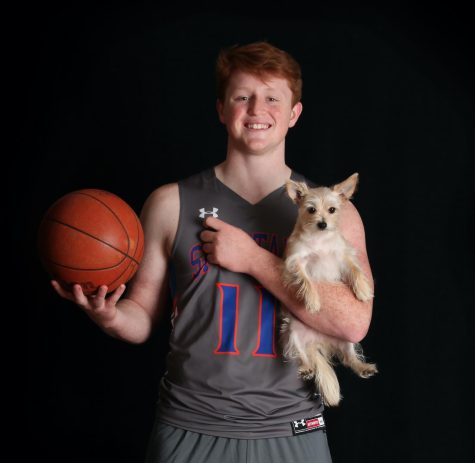
Homecoming king. Football captain. Basketball captain. Spotlight staff writer and editor Quinn Schmidt has done it all. Over the past three years, Quinn...
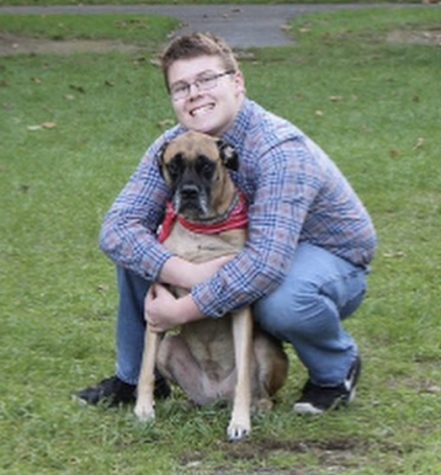
When Griffin Schmoyer first joined the Spotlight staff in his junior year, he expected an outlet to prep for his future career in sports journalism. But...






